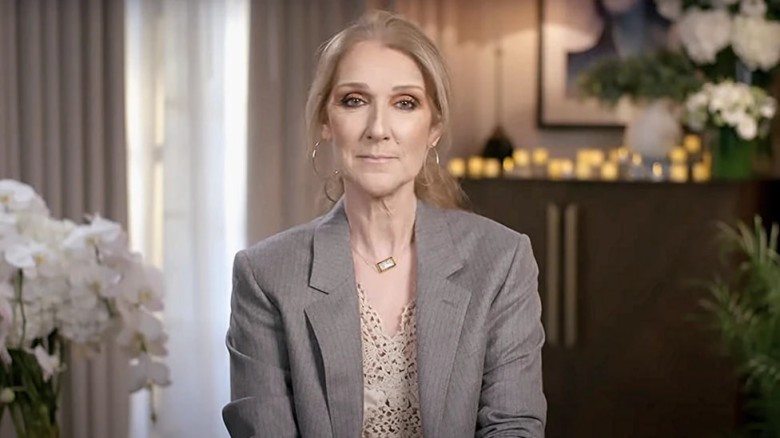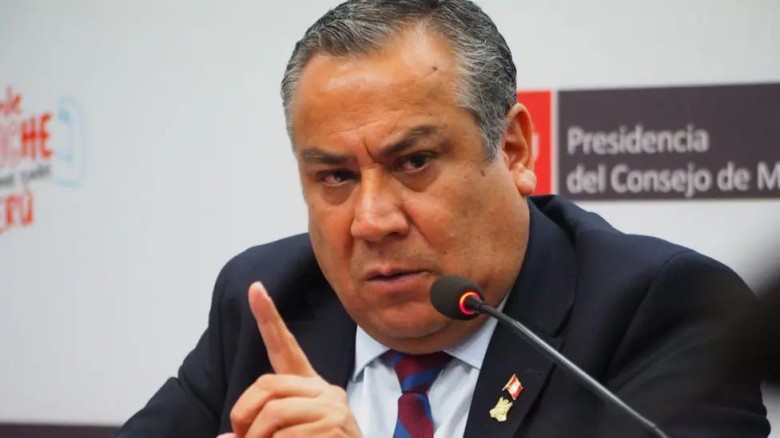Trump Fires Federal Workers Funded by User Fees, Raising Concerns Over Impact on Key Agencies
The Trump administration, in collaboration with billionaire entrepreneur Elon Musk, has initiated sweeping federal workforce cuts, targeting employees not funded by taxpayer dollars. These layoffs have affected hundreds of workers in key regulatory agencies, sparking concerns over the impact on medical device approvals, financial oversight, and consumer protections.
Over the weekend, nearly 200 employees at the Food and Drug Administration (FDA) lost their jobs, many of whom were funded by fees paid by medical device companies under a 2002 law rather than taxpayer money. These employees played a crucial role in reviewing medical products like stents and implants. With the FDA employing around 20,000 people, industry experts fear these cuts could significantly slow down the approval process for life-saving technologies.
"The overwhelming majority of those terminated were recent hires funded through user fees. As a result, these cuts won’t save taxpayer money," said Scott Whitaker, CEO of the medical device industry group AdvaMed. "If these reductions are not reversed, they will undoubtedly delay the introduction of new medical technologies to patients."
Layoffs have also hit financial regulatory agencies that operate independently of taxpayer funding. The Consumer Financial Protection Bureau (CFPB), which is financed by the Federal Reserve, dismissed dozens of probationary and term-contract employees. Similarly, the Federal Deposit Insurance Corporation (FDIC), which relies on banking fees for its budget, cut over 100 probationary staff as part of the broader government downsizing effort.
President Trump and Musk have championed an aggressive push to shrink the 2.3 million-strong federal workforce, with thousands of terminations already implemented. Among those affected at the FDA were employees tasked with reviewing Musk’s brain implant company, Neuralink. Meanwhile, the CFPB overhaul coincides with Musk’s social media platform X announcing a deal with Visa for payment services—raising concerns about regulatory oversight of financial technology firms.
Although both parties acknowledge government inefficiency, the rapid and extensive nature of these cuts has raised bipartisan concerns. Lawmakers and agency staff question the rationale behind targeting positions funded through private fees, as such cuts do not reduce the federal budget.
"The FDIC is funded through fees paid by banks, so cutting its expenses does nothing to lower the federal deficit," said Jeremy Kress, a law professor at the University of Michigan. The FDIC declined to comment on the layoffs, and the White House and CFPB did not immediately respond to inquiries.
The exact number of FDA terminations remains unclear, but industry sources estimate that at least 180 employees who lost their jobs were funded by the Medical Device User Fee and Modernization Act (MDUFA). These employees were responsible for reviewing new device applications and approving products for consumer use. One former employee, speaking anonymously, said their team had reviewed 100 submissions last year, generating over $1 million in fees for the agency. Reuters could not independently verify this claim.
Under MDUFA, the FDA collects substantial revenue from medical device manufacturers, amounting to nearly $400 million last year. Most of these funds support payroll and operational costs at the agency’s Center for Devices and Radiological Health. Congress oversees the agreement, which includes hiring targets to ensure timely product reviews. The FDA hired 141 employees under this initiative in 2023 and aimed to bring in another 42 in 2024—many of whom may now be out of work.
Beyond the FDA, employees from the Departments of Health and Human Services, the Interior, and Agriculture have also reported being dismissed, despite their positions being funded by non-taxpayer sources such as grants and user fees. Some of these workers were responsible for regulating tobacco products, inspecting agricultural imports for invasive species, and conserving endangered species in Yosemite National Park.
A spokesperson for the U.S. Department of Agriculture defended the cuts, stating that they aim to "ensure that every dollar spent goes to serve the people, not the bureaucracy."
With critical regulatory staff dismissed and no clear plan for reallocating the funds already collected through user fees, concerns are mounting over the long-term effects of these workforce reductions on public health, financial stability, and consumer protections. The FDA and other agencies have yet to comment on how they will manage these disruptions or whether any reversals are under consideration.









































































Leave A Comment